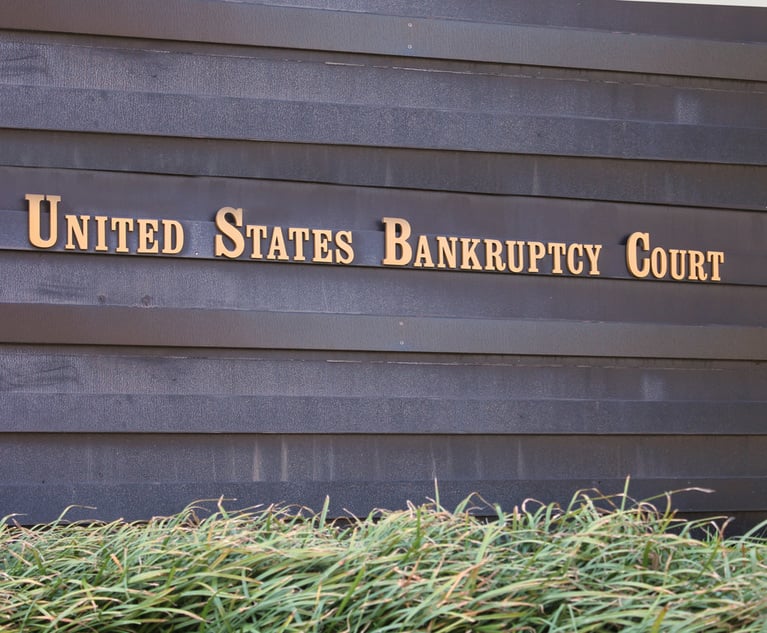Regular trusts practitioners see it often—settlors establish trusts to hold a certain business interest, and the appointed trustee, frequently one with whom the trust creator enjoys a position of confidence, is also put in charge of the business. The potential for a conflict of interest then turns into an actual conflict when the business manager partakes in improper conduct that damages the business, and yet the said manager, in his capacity as trustee, forgoes any action on behalf of the trust-owner to pursue accountability.
Since New York case law generally holds that a trustee is the proper party to a suit in these circumstances, the aggrieved trust beneficiary is seemingly without options. Practitioners, however, should be familiar with two exceptions to the general rule in this context—the so-called “double-derivative” standing of a trust beneficiary and the “equitable owner” approach to standing. This piece sets forth a brief basis for each theory and a few strategic considerations when bringing these types of matters.
Derivative Suits Generally
This content has been archived. It is available through our partners, LexisNexis® and Bloomberg Law.
To view this content, please continue to their sites.
Not a Lexis Subscriber?
Subscribe Now
Not a Bloomberg Law Subscriber?
Subscribe Now
LexisNexis® and Bloomberg Law are third party online distributors of the broad collection of current and archived versions of ALM's legal news publications. LexisNexis® and Bloomberg Law customers are able to access and use ALM's content, including content from the National Law Journal, The American Lawyer, Legaltech News, The New York Law Journal, and Corporate Counsel, as well as other sources of legal information.
For questions call 1-877-256-2472 or contact us at [email protected]







